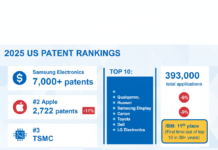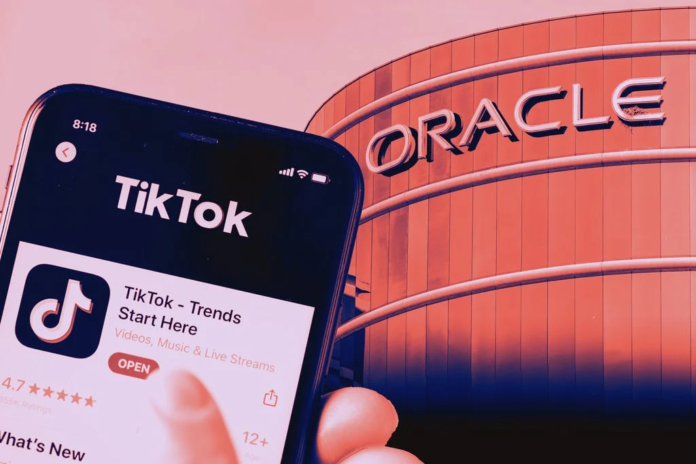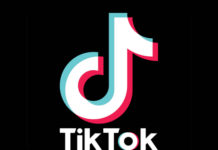Oracle won the bidding for the US operations of the video-sharing app TikTok
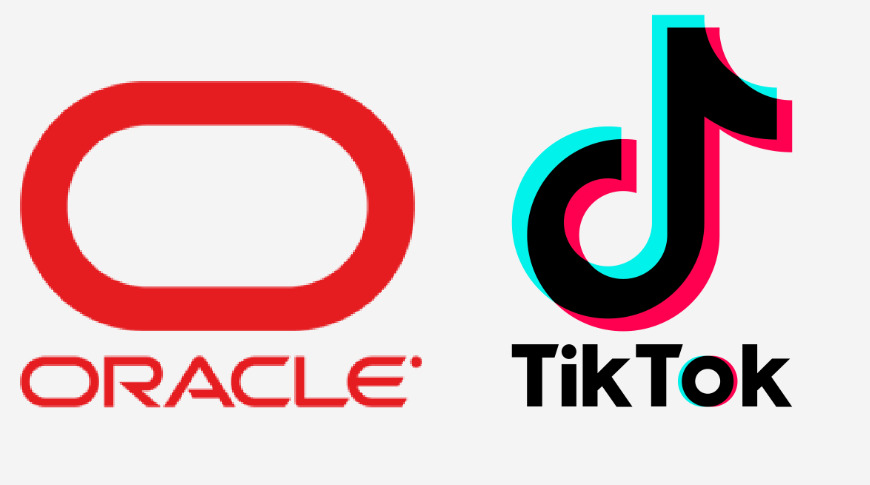
With the White House’s September 15th (or 20th) deadline looming, it’s as if TikTok will remain operational within the US, with a consortium bid, lead by enterprise software giant Oracle, named on Sunday because of the preferred partner by TikTok’s parent company ByteDance.
Oracle won the bidding for the US operations of the video-sharing app TikTok, an individual conversant in the matter said. Oracle is about to be announced as TikTok’s “trusted tech partner” within the U.S., and therefore the deal is probably going to not be structured as an outright sale, the person said.
Microsoft officially confirmed that it had been out of the running for TikTok earlier within the day, with a brief statement posted on the Microsoft blog.
ByteDance allows us to know today they might not be selling TikTok’s US operations to Microsoft. We are confident our proposal would are good for TikTok’s users while protecting national security interests.”
Microsoft noted that it had been focused on improving the platform’s security measures, addressing user privacy concerns, and combating disinformation:
We anticipate seeing how the service evolves in these important areas.
The statement seemed pointed towards key issues that perhaps Microsoft doesn’t believe the Oracle-lead bid is going to be as well-suited to deal with. But ByteDance chose to not accompany the Microsoft plan – which sets up a really interesting scenario for the longer term of the fast-growing video app.
Of specific interest is how TikTok will now work under its new ownership, once all the small print is established – because also on Sunday, a report within the South China Morning Post explained that thanks to the Chinese Government’s new regulations restricting the sale of technological advancements to foreign companies, TikTok’s algorithms won’t be included within the deal.
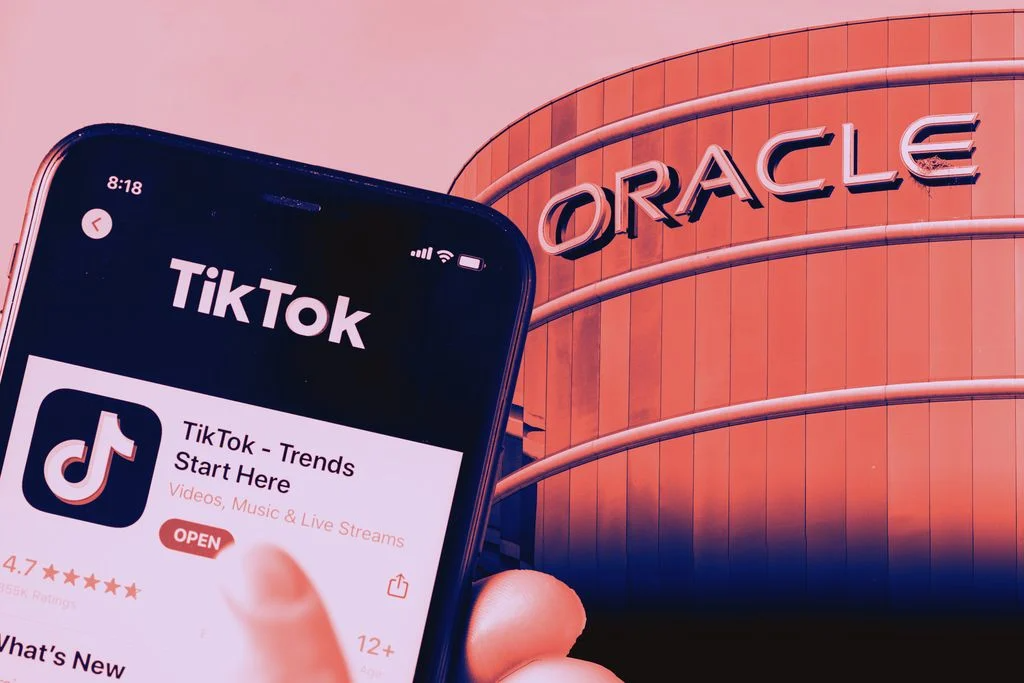
ByteDance won’t distribute ASCII text file to any US buyer, but the technology team of TikTok within the US can develop a replacement algorithm,” consistent with a source. The source, who didn’t want to be identified, said ByteDance had notified US authorities and potential bidders of the choice .”
If this is often correct, then it seems that Oracle and its consortium partners will essentially be paying for the TikTok name, and access to its 100 million+ monthly active users within the US.
What the impact of not including TikTok’s algorithms would be is difficult to mention – some have suggested that TikTok, without its powerful machine learning system, will “wither and die”, while others expect that building an identical system, on top of its current base, won’t be so complex.
But it doesn’t appear to be the perfect start line for a non-social media company to be wading into – Oracle has no experience in managing social platforms, while its investment company partners in its TikTok bid are going to be focused on revenue, and you’d expect, are going to be keen to monetize the platform the maximum amount and as fast as possible so as to maximize their return.
And while it’s going to appear to be it cannot be that complex to formulate an algorithm supported the present TikTok base, there is a lot that’s gone into the app’s success. TikTok’s rapid climb was built on the rear of ByteDance’s years of experience in creating other social networks in China, including the Chinese-only version of TikTok, called ‘Douyin’, which was an enormous success before they even considered launching TikTok within the US.
Douyin
Indeed, Douyin was launched in 2016, two full years before ByteDance purchased and re-branded Musical.ly as TikTok in western markets in August 2018. In those two years, ByteDance had been ready to establish key learnings on what works, what resonates, and formulate its algorithms supported many people already engaging within the app.
That gave TikTok a huge jump start – so while the system may appear fairly basic, and it’s going to appear to be another company are going to be ready to compute a recommendation algorithm that’s close enough to be viable, tons more work has gone into developing TikTok’s systems than many expect.
But in fact, Oracle and Co. know this, this is often not new information. Yet, they’re still willing to travel ahead. There must be some level of confidence that they will begin on top here, that they will progress, in limited partnership with ByteDance, and build a successful platform.
Will that happen? I would not back it.
That’s to not say TikTok is doomed, it might be fine, it could compute okay. But various examples suggest that this may not be smooth sailing, and while TikTok still continues to grow and become a much bigger platform, it isn’t too big to fail. Definitely not.
Vine, which was essentially the precursor to TikTok had quite 200 million active users at peak, but it failed because parent company Twitter couldn’t compute an equitable monetization process so as to stay its top creators from migrating to YouTube and Instagram instead. Twitter’s management is clearly very experienced in social media and maximizing engagement, it had an enormous knowledge domain of individuals who knew the sector inside and out. Yet that wasn’t enough to stay Vine running – and price noting, Vine founder Dom Hoffman has made paying creators a top priority together with his new app Byte, which he launched earlier this year.
Snapchat is another platform that nearly lost out by ignoring creators for years, before eventually coming around and refocusing its efforts on establishing a more equitable partnership-type system, which now ensures that top users are compensated and motivated to take care of engagement, helping to maximize usage.
TikTok has also acknowledged the importance of such with its Creator Fund program, through which it plans to disburse a billion dollars within the next three years to its top creators.
But that program is already facing problems, with the primary round of participants citing poor payout amounts and impacts on their reach, which some have speculated is thanks to TikTok limiting their viewership so as to scale back payout amounts.
This is a posh area, which will take experience and expertise to manage. And while TikTok definitely has the experience in ex-YouTube exec Vanessa Pappas, I can not help but think that Oracle isn’t the simplest fit the corporate during this respect.
Microsoft won’t be either, but LinkedIn has continued to grow under its ownership. a minimum of it’s some base of data during this area to tap into.
If the new TikTok team can’t compute the key algorithm details, can’t evolve its monetization programs, and can’t, essentially, learn from the mistakes that other platforms have made within the past, it’ll fall through . which may be difficult to see now – especially with TikTok once more leading the app download charts in August. But it can absolutely fail. And even with those great download stats, in 2020, who knows what they really represent?
Social media usage is much abreast of normal amounts as people search for distractions during the varied lockdowns and in replacement of their normal social gatherings and entertainment events. TikTok’s numbers are clearly being inflated beyond what’s normal due to this – so in normal times, what percentage people are going to be using TikTok as much?
And with new ownership that’s less conversant in handling the ebbs and flows of social platform engagement, can it overcome these key challenges and still establish itself as a key player in the social media space?
As noted, there are still many technical details to be clarified yet, so nobody knows needless to say how it’ll all play out. But there are many moving parts and various potential pitfalls that would find yourself derailing the app.









